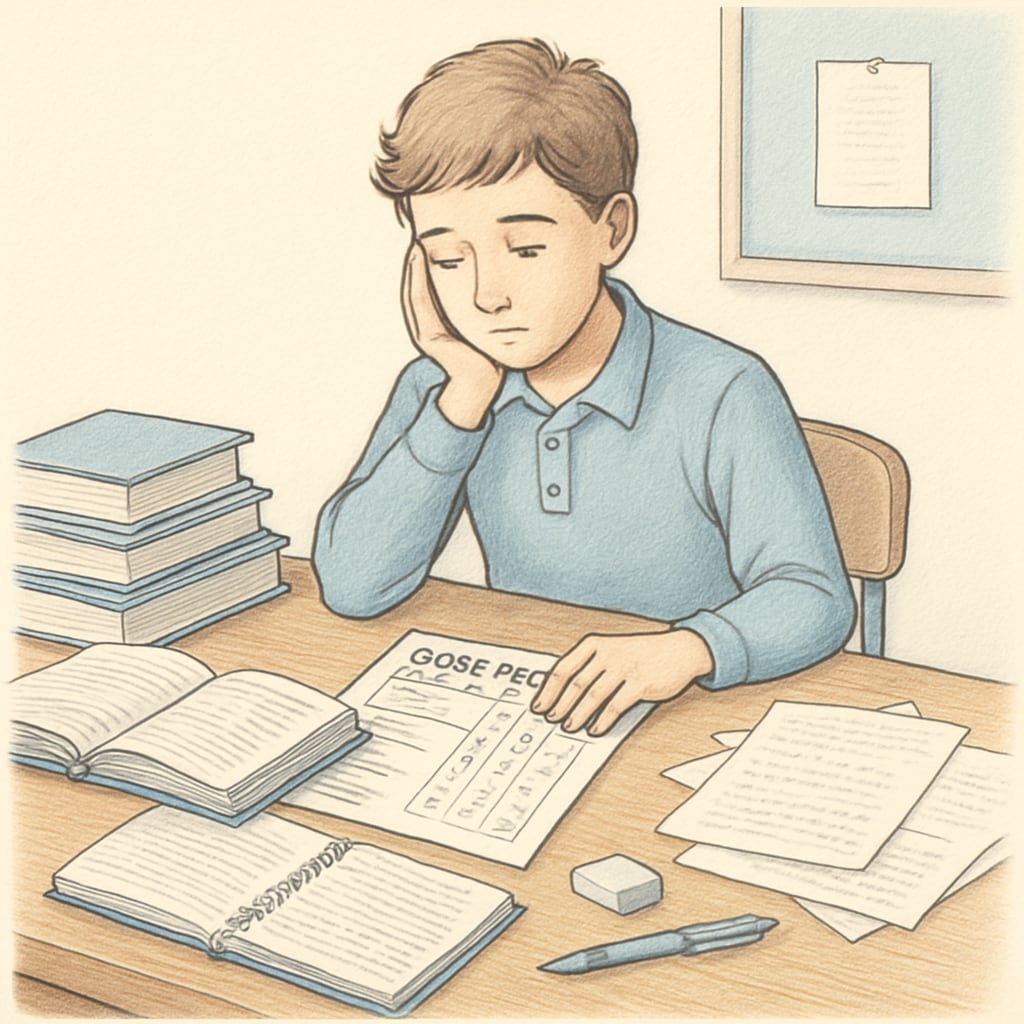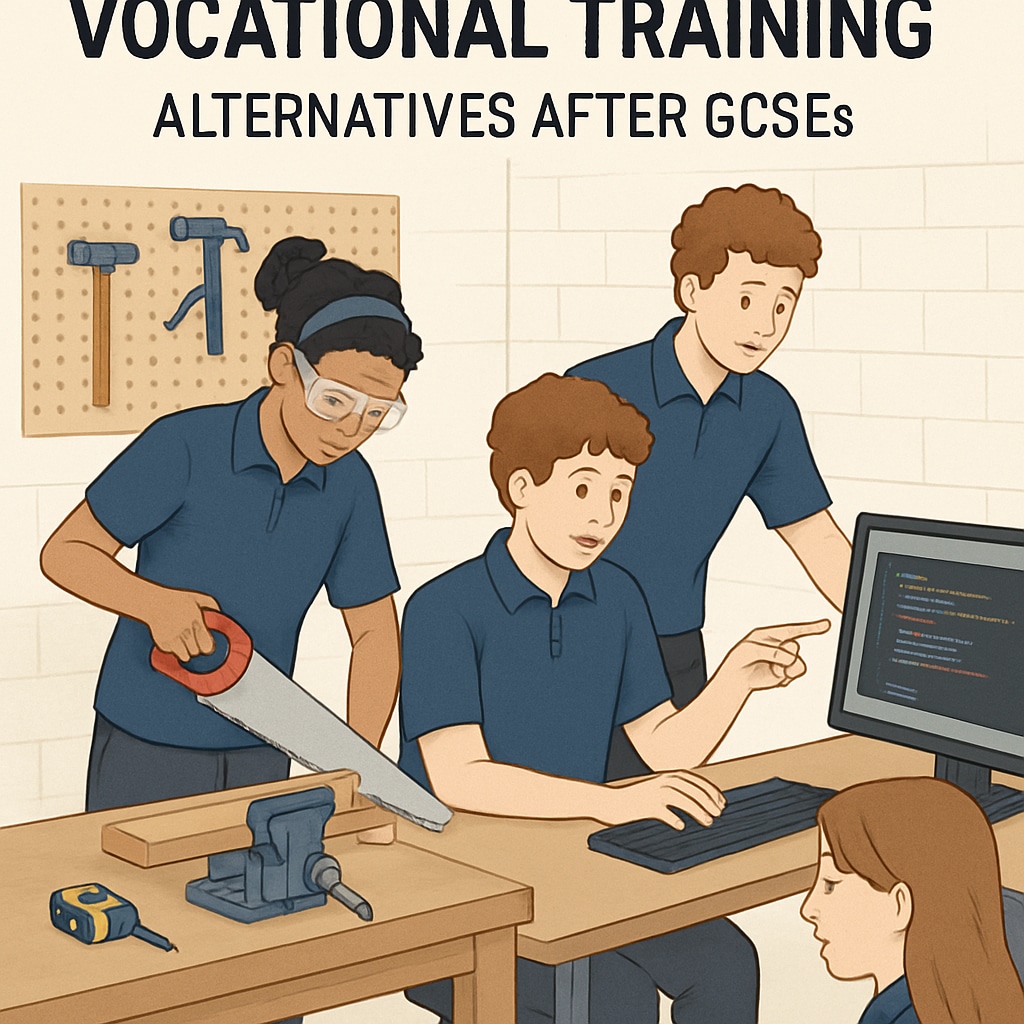For many students, GCSE成绩,自我怀疑,学业发展 (GCSE results, self-doubt, academic development) are pivotal moments in their educational journey. Whether the results meet expectations or fall short, they often leave a lasting impression on a student’s sense of self-worth and future ambitions. While it can be disheartening to receive results that are not as high as hoped, it’s crucial to remember that academic grades are only one part of the equation. This article explores the impact of disappointing GCSE results and provides guidance on finding growth and purpose beyond the grades.
Understanding the Psychological Impact of GCSE Results
GCSE results can evoke a range of emotions, from pride and relief to anxiety and self-doubt. For those who receive lower-than-expected grades, feelings of failure and inadequacy may arise. This can lead to self-doubt, where students question their abilities and even their overall value. Such feelings are natural, but they must be addressed to prevent long-term consequences such as decreased motivation or negative self-perception.
It’s important to recognize that these emotions are not permanent. With the right support and perspective, students can use setbacks as steppingstones to greater resilience and self-awareness. For instance, focusing on personal strengths and exploring alternative academic pathways can help turn disappointment into opportunity.

Why Academic Grades Are Not the Sole Measure of Success
In today’s world, success extends far beyond academic performance. While GCSE results may play a role in determining immediate educational opportunities, they do not define a person’s potential or worth. Many successful individuals, from entrepreneurs to artists, have found their unique paths outside traditional academic frameworks.
Consider alternative measures of success, such as creativity, interpersonal skills, and perseverance. These qualities often play a more significant role in professional and personal achievements. Students who feel disheartened by their GCSE results should remember that growth and success come in many forms.
- Build practical skills: Pursue vocational training or hands-on learning opportunities.
- Explore passions: Dive into hobbies or interests that bring fulfillment and purpose.
- Develop resilience: Use challenges as opportunities to strengthen emotional and mental fortitude.
Finding the Right Educational Path After GCSEs
Disappointing exam results can feel like a dead end, but they’re often a chance to reassess and explore new directions. Students may consider pathways such as vocational courses, apprenticeships, or foundation programs, which provide meaningful alternatives to traditional academic routes.
In addition, taking time to reflect on personal interests and goals can lead to more informed decisions about future education or career paths. For example, a student passionate about technology might excel in coding bootcamps or technical certificates. Similarly, those enthusiastic about creative fields may benefit from art or design programs.
Resources like further education programs on Wikipedia and education topics on Britannica offer detailed insights for students exploring alternative paths.

Turning Setbacks Into Growth Opportunities
Ultimately, disappointing GCSE results can be transformed into powerful growth experiences. Students should focus on developing a growth mindset, which emphasizes learning from failures and striving for continuous improvement. This approach fosters resilience and adaptability—qualities that are essential for navigating life’s challenges.
Parents, teachers, and mentors play a crucial role in supporting students during this transition. By encouraging open conversations and celebrating small victories, they can help young learners gain confidence and redefine what success means to them.
Remember, setbacks are not the end of the road. They’re a chance to pause, reflect, and choose a path that aligns with who you are and what you aspire to achieve.
Readability guidance: Use short paragraphs and clear subheadings for easy navigation. Include actionable advice and real-world examples to inspire readers. Maintain an encouraging tone to empower students and parents alike.


